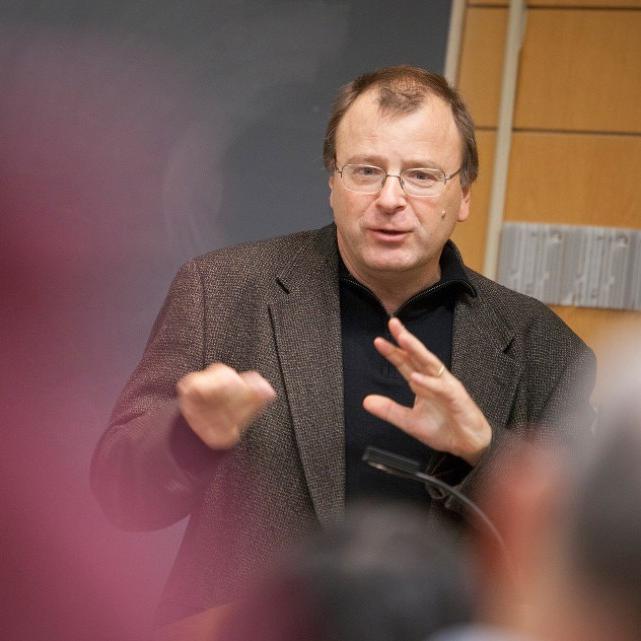Russian President Vladimir Putin declared a 72-hour ceasefire in Ukraine starting May 8, to mark the anniversary of Nazi Germany’s defeat in World War II. The announcement comes as the U.S. continues to press for a deal to end the 3-year-old war.
Bryn Rosenfeld is an associate professor of government in the College of Arts & Sciences and studies post-communist politics and public opinion. Even if a long-term ceasefire is reached, she says Ukraine and its supporters should be concerned with more than just the threat of a new Russian invasion.
Rosenfeld says: “They should also be concerned about the Kremlin trying to destabilize a democratically-elected Ukrainian government and undermining Ukraine as a functioning democracy well beyond a ceasefire or settlement. This is certainly not aligned with American interests.
“The Kremlin has made very clear that it finds unacceptable that the government in Kyiv remain in power. Even if Ukraine is forced to cede ‘significant’ territory, the Ukrainian state that remains will be more European in orientation, more anti-Russian, and more determined to build functioning democratic institutions. Even if NATO is off the table, Putin won’t be satisfied, because the direction that Ukrainians manifestly want their government to take is not going to be acceptable to him.
“The U.S. needs a strategy that anticipates this. Ukrainians certainly appreciate this. They are rightly concerned that a peace agreement which calls for new elections would provide an opportunity for Russian propaganda campaigns or covert actions to put in place candidates who would be more pliant.”
David Silbey is an adjunct associate professor of history (A&S), specializing in military history, defense policy and battlefield analysis. He notes that Russia's current military buildup along NATO’s Eastern border doesn’t amount to an immediate threat.
Silbey says: “Russia is planning for a post-Ukraine war situation where it would naturally refocus on NATO. They’ve lost catastrophic amounts of people and equipment in Ukraine. Their front-line armored forces are currently closer to the size of Poland's than they are to the old Soviet Union. It’ll be years before they recover.”
For interviews contact Adam Allington, cell (231) 620-7180, adam.allington@cornell.edu.





